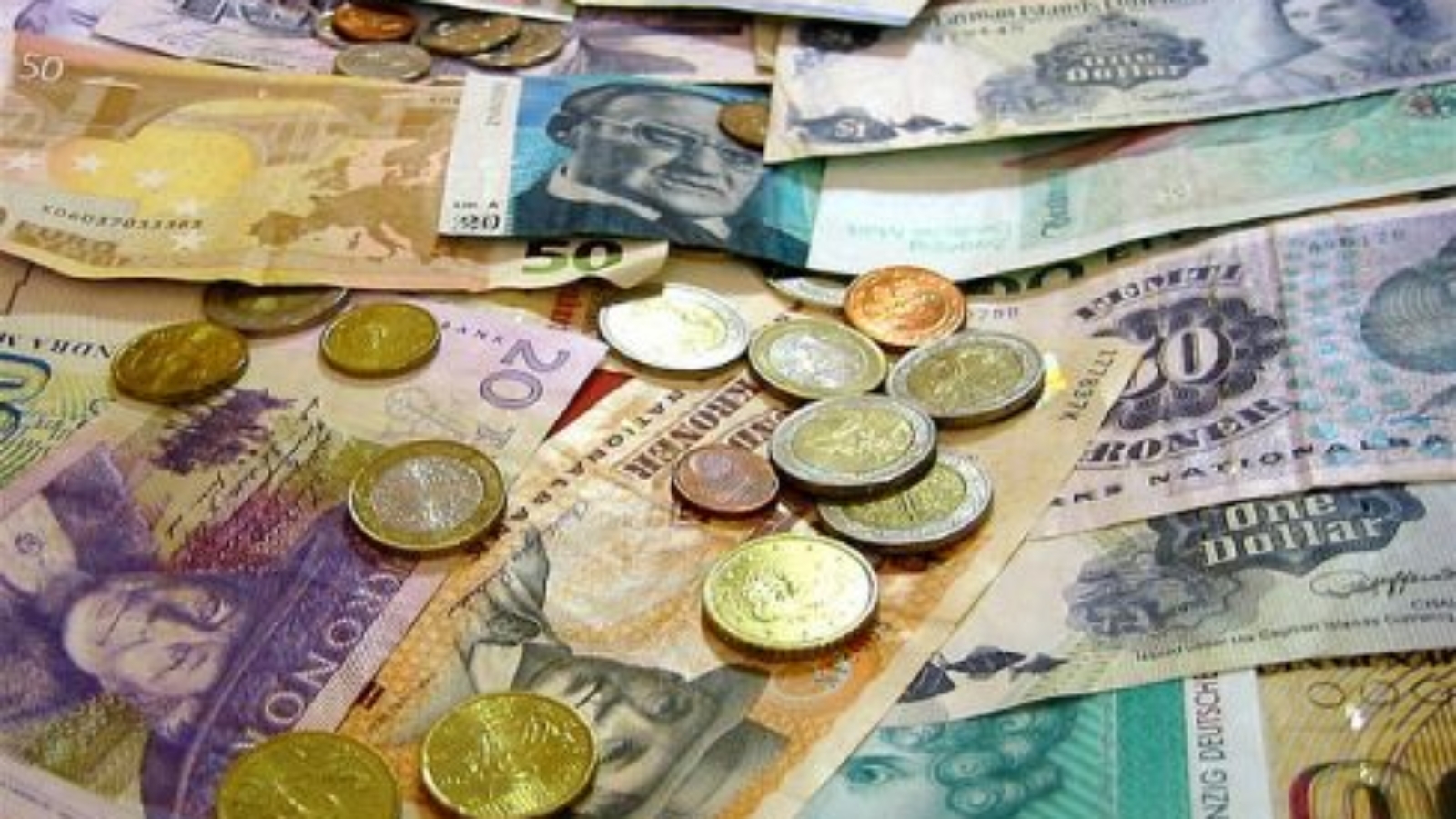By James H. Nolt
This blog is the first of a weekly series that will explain political economy in a refreshingly practical way, including private power and strategy. For readers with training in economics, my arguments will be provocative if not utterly confounding of everything you thought you knew.
For those of you without much grounding in economic theory, worry not. I will not be dry or technical. You actually have an advantage over those with more economics training because you have less to unlearn. But to start, we need to learn some general ideas about how the economy works, and why it sometimes does not.
First of all, what is the difference between economics and political economy? Political economy recognizes the systematic importance of private power and strategy for the dynamics of the economy. Economics, since it was invented during the 1870s, has deliberately striven to elaborate a mythical realm of the market where power does not intrude. I call this the Myth of the Market. It is fundamental to the ideology of our age, especially for modern conservatism.
Modern economics and allied fields like finance theory try to explain as much as possible using “free market” assumptions, which are demonstrably false. Though most economists admit this shortcoming, they argue these assumptions are methodologically necessary. Meanwhile, a vast and fascinating world of real business power and strategy is ignored so thoroughly that most economists most of the time build models of the economy and its dynamics without any consideration of private power and strategy. This is why they so often fail to anticipate economic crises, such as in 2008, which some of us political economists and some savvy investors saw coming.
Before the 1870s and among some dissidents since (like me), people who studied the economy called themselves political economists. They did not routinely assume the Myth of the Market the way “pure” or “neoclassical” economics has done since. Economics has gained great prestige as a “science” that it does not really deserve because its ideological blinders prevent understanding of much that is interesting and much more easily understandable if you do not think like an economist. Many business people and investors I know turn up their noses at economists for their excessively other-worldly conceptions of competitive economic processes.
Where can you learn political economy? Well, unfortunately, very few economics departments teach it. It is not taught in most business school either. You might catch little bits and pieces in some political science courses, if you are lucky. There are some useful books to read, many of them written long ago. But the simplest way is to start by reading this blog every week.
If you crave more, pick up my very readable new book published by Routledge Press, International Political Economy: The Business of War and Peace. If that’s not enough, stay tuned for my forthcoming book, Finance, including Private Power and Strategy, though it may help to be patient.
Until then in forthcoming blog columns, I will explain why credit-driven economies like ours necessarily have boom-and-bust business cycles. Instability is inherent in the very nature of capitalism. The timing and severity of cycles can be influenced by government policy, but never eliminated. Part of the reason is that capitalism itself is a two-party system. The economy generates opposing forces among investors who will necessarily push in opposite directions. Insofar as public policy is influenced by business and investor concerns, it will also alternatively pump up or restrain the business cycle. Optimal management is never sustainable because there are always countervailing forces at play.
Lastly, a brief word about my own credentials. Yes, I have degrees from top universities, though that is not how I gained most of my original ideas. My undergrad studies included a dual major in political science and economics. I did some graduate work in international political economy (IPE) at Stanford, but finished my Ph.D. in IPE at the University of Chicago. In between, I got a master degree in economics from an odd and wonderful department, the University of Massachusetts at Amherst, which is one of the few in the country that then taught a variety of approaches to economics rather than merely the neoclassical orthodoxy, though we did have to study that too.
Now, I teach international relations at NYU and participate in seminars at the World Policy Institute in New York, where I have been a senior fellow for 20 years. I am not math-phobic, but I will respect those who are by using no math in this column. Everything will be explained conceptually, with practical examples. I learned my own practical examples from long association with real business people and doing a bit of business myself, including helping to found and run a successful joint-venture college in China. I also learned from traveling the world, including more than 36 countries. My most eye-opening investigations probably comprised of research I conducted into the private papers of business leaders, mostly top bankers.
A final word of caution: a lot of what I will argue here is controversial and will surely offend many conventionally-trained economists and business professors. But I do believe many of the rest of you, those with open minds and inquiring spirits, will be delighted to discover exciting and dynamic new ways of understanding the economy that affects us all.
*****
****
James H. Nolt is a senior fellow at the World Policy Institute and an adjunct associate professor at New York University.
[Photo by Philip Brewer]
